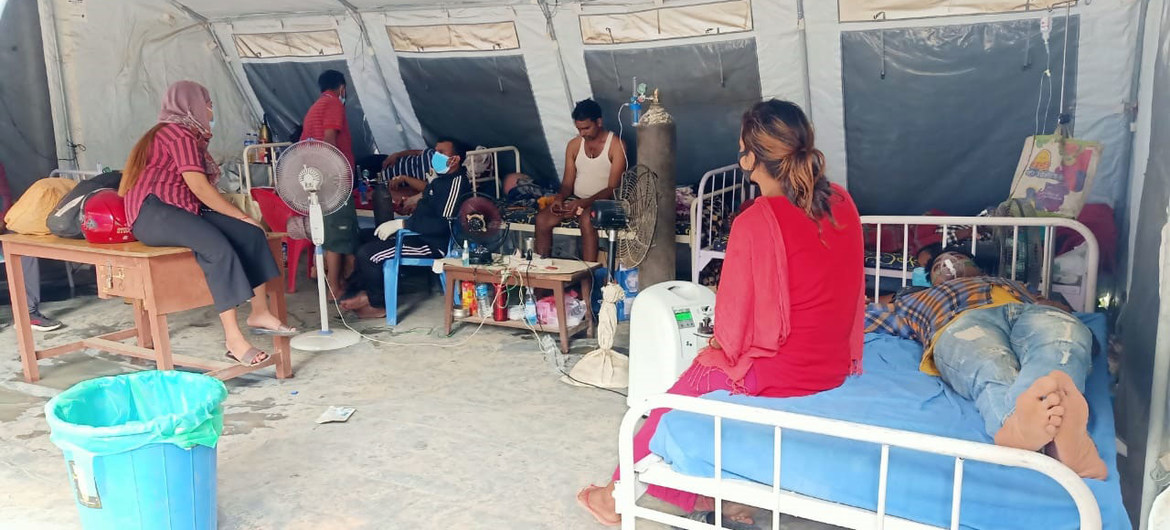A recent study published online on March 16, 2024, in Respiratory Research sheds light on the growing issue of breathlessness among middle-aged adults. The study explores the prevalence and underlying causes of breathlessness, identifying a range of factors that contribute to this often debilitating condition.
Breathlessness, or dyspnea, is notably more prevalent in women, according to the findings. The study identifies several factors that are closely linked to the condition, including obesity, chronic stress, depression, respiratory diseases, cardiac conditions, and anemia.
In high-income settings, the study found that overweight and obesity, coupled with stress, are the leading contributors to breathlessness. While conditions such as respiratory diseases, depressive disorders, and cardiac problems also play a role, their impact is comparatively lesser than the combined effects of obesity and stress.
The study stresses the importance of addressing lifestyle factors in managing breathlessness. Specifically, interventions focused on weight management, stress reduction, and overall well-being could significantly reduce the incidence of breathlessness. These findings highlight the potential for improving quality of life for individuals in this demographic by implementing comprehensive lifestyle changes.
Researchers suggest that healthcare professionals should prioritize personalized management strategies that encompass both physical and mental health factors. Addressing obesity and stress, in particular, may help prevent or alleviate breathlessness, providing individuals with better long-term outcomes.
As the prevalence of breathlessness continues to rise, particularly among middle-aged adults, these findings emphasize the need for a more holistic approach to managing respiratory health. Incorporating lifestyle modifications, in addition to traditional medical treatments, could be a game-changer in tackling this pervasive issue.
The study calls for greater awareness and further research to explore effective interventions and solutions to help those affected by breathlessness improve their overall health and well-being.












